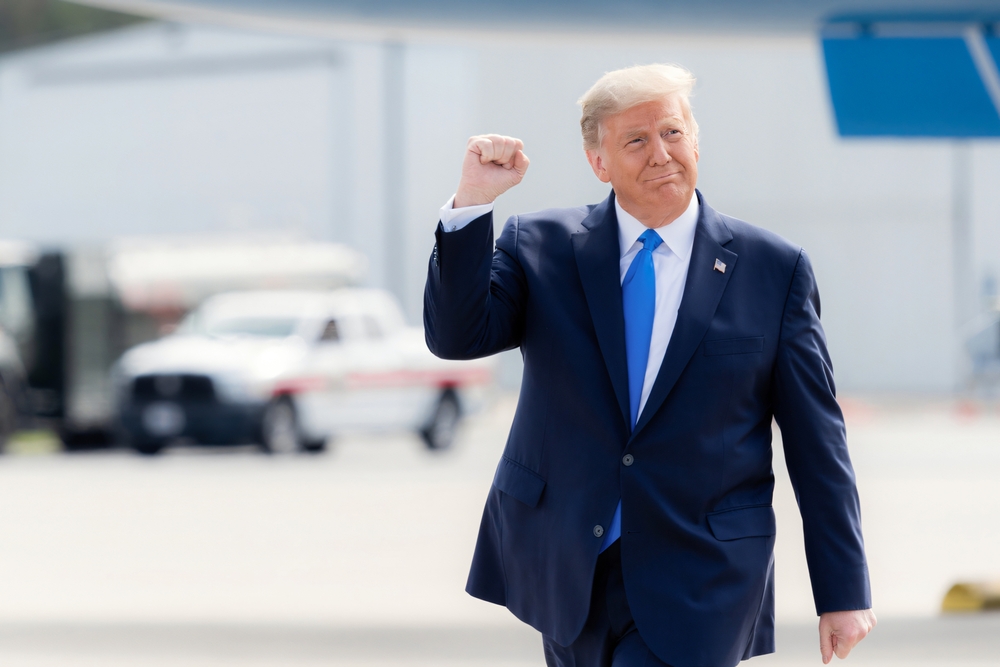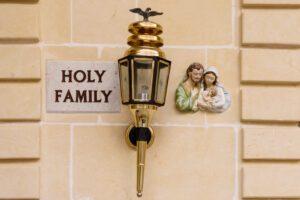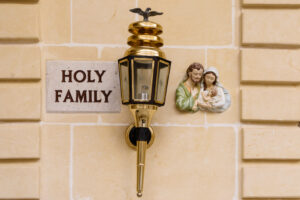Trump Can End Religious Discrimination
Donald Trump talked a good game on religious liberty four years ago.“We don’t punish prayer. We don’t tear down crosses. We don’t ban symbols of faith. We don’t muzzle preachers and pastors,” he said in his 2020 State of the Union address. “In America, we celebrate faith, we cherish religion, we lift our voices in prayer, and we raise our sights to the Glory of God.”
Yet as a federal judge recently observed: “Time and again the First Amendment rights of American citizens have been the subject of litigation. . . . Organizations must continually sue to keep the federal government from infringing on basic and well-settled rights to freedom of religion.” As Mr. Trump assumes office, he can change the status quo with a simple action: He can announce that Washington will stop discriminating against religion.
That might sound superfluous. The First Amendment squarely prohibits government from disfavoring people and groups because of their religious character and commitments. The Supreme Court has made clear that when governments cooperate with private groups to advance public goals—such as education, poverty alleviation, or healthcare—they may neither exclude religious organizations nor require them to secularize in order to participate. Yet over the years Congress and federal agencies have put in place an immense number of statutes and regulations, across a range of federal programs, that do exactly that.
Many of these regulations limit the religious liberty of faith-based schools by denying federal assistance to those that remain faithful to their religious commitments. Federal law, for example, requires that federally funded supplemental-education services for disadvantaged children be “secular,” even when provided in or by religious institutions. The same goes for professional-development programming for teachers. Ditto for services that assist English language learners. Publicly funded services provided to students with special needs by religious schools must be secular.




